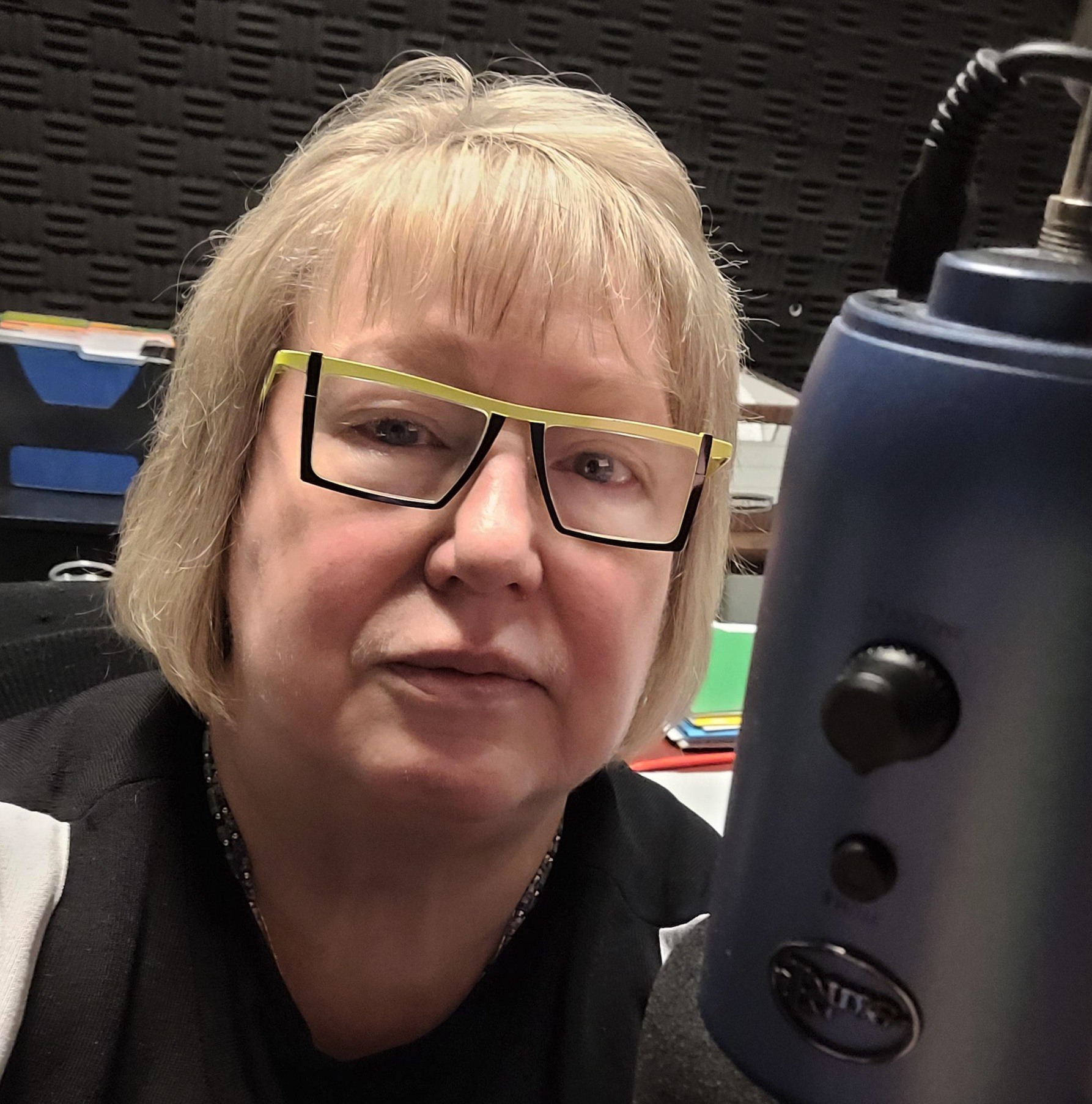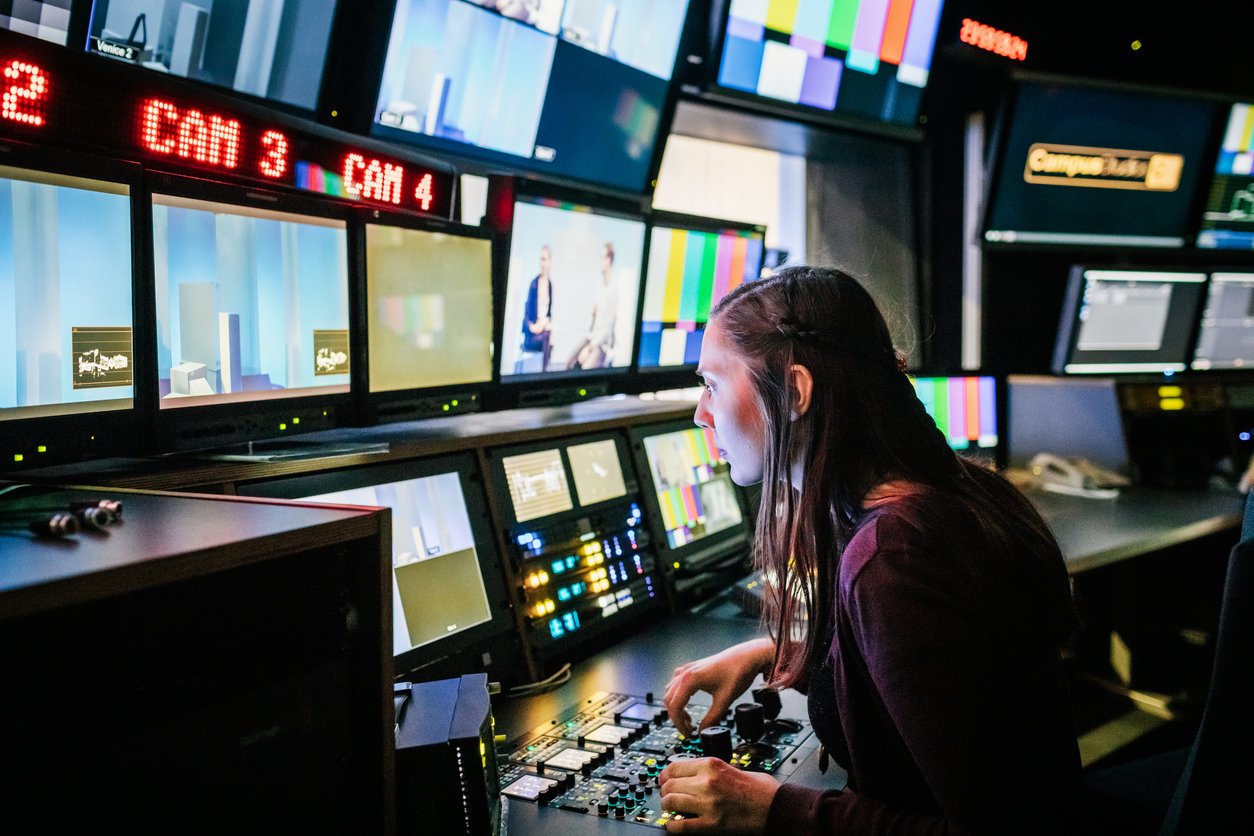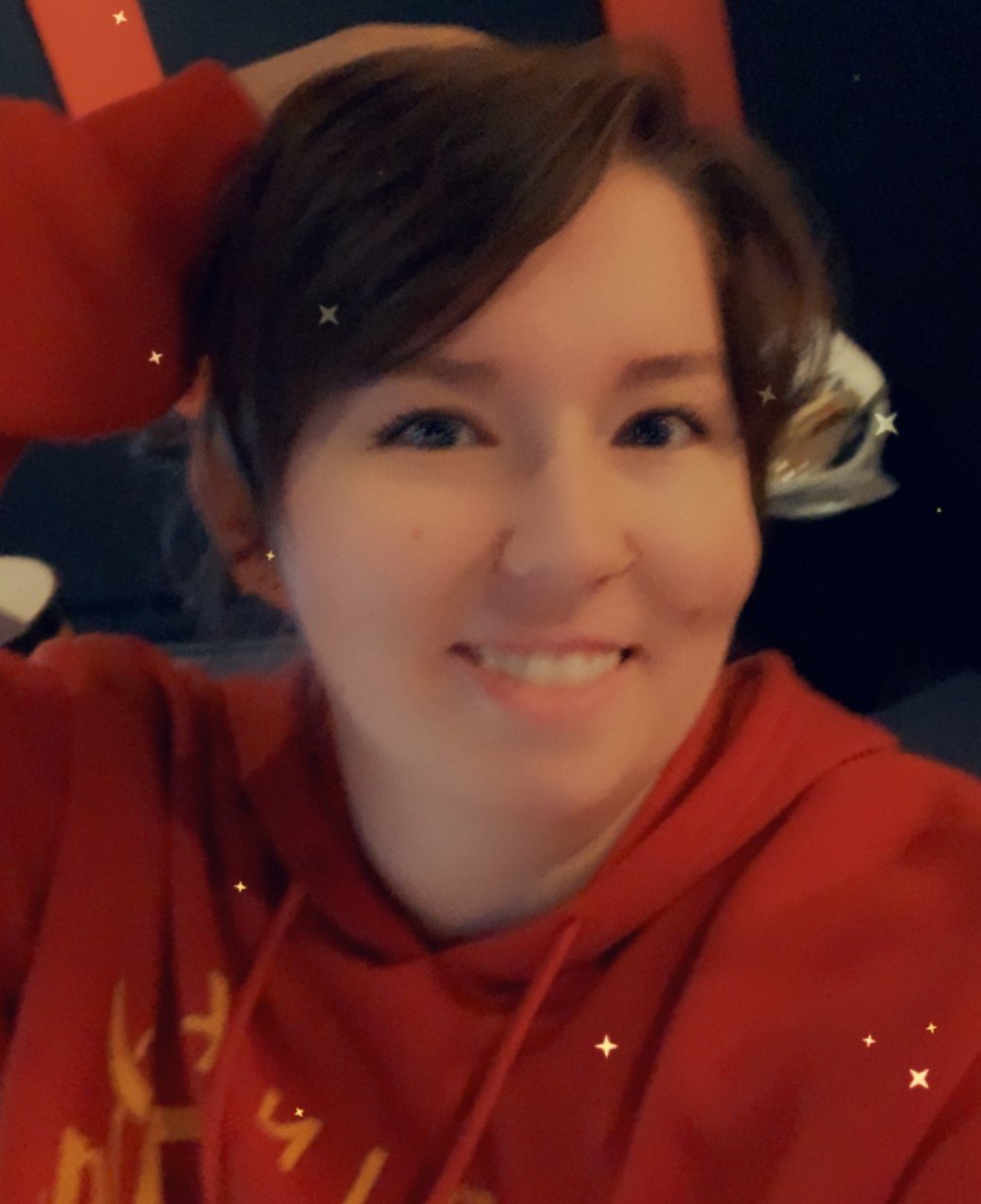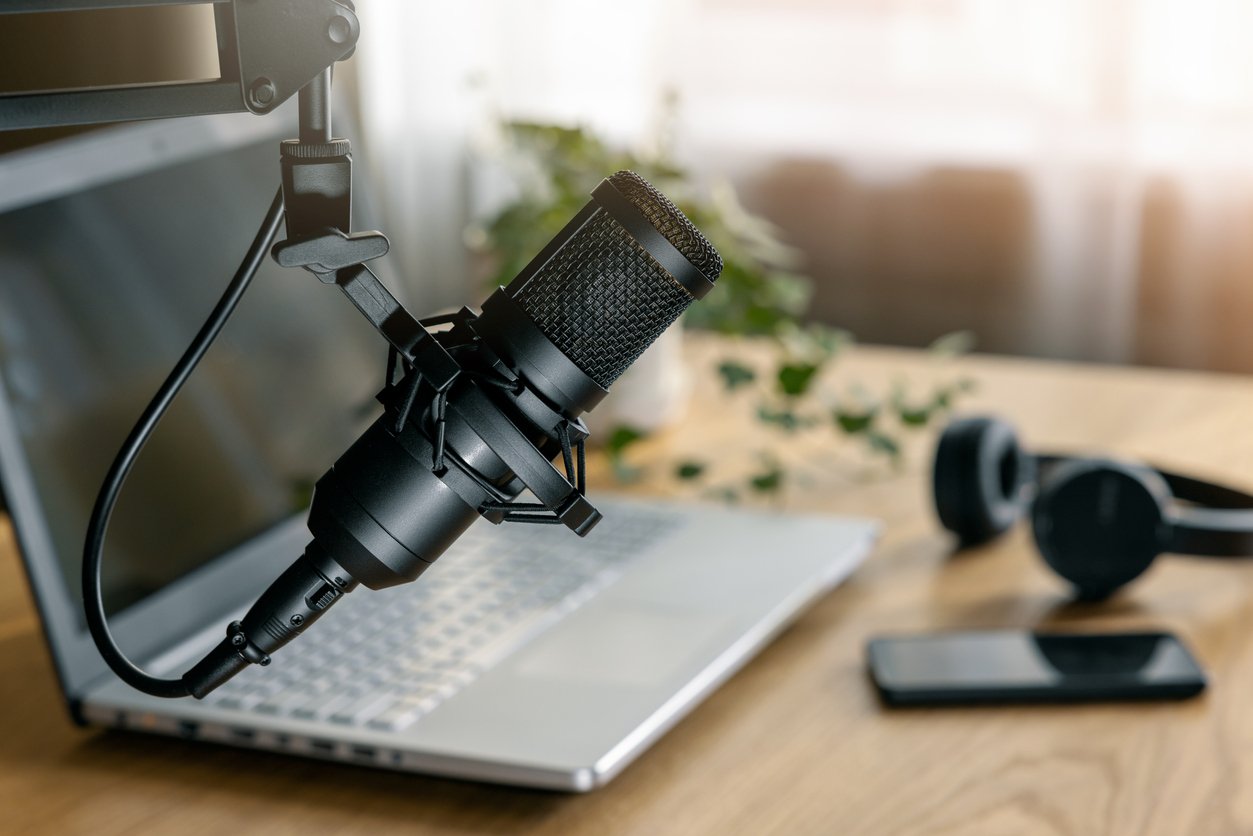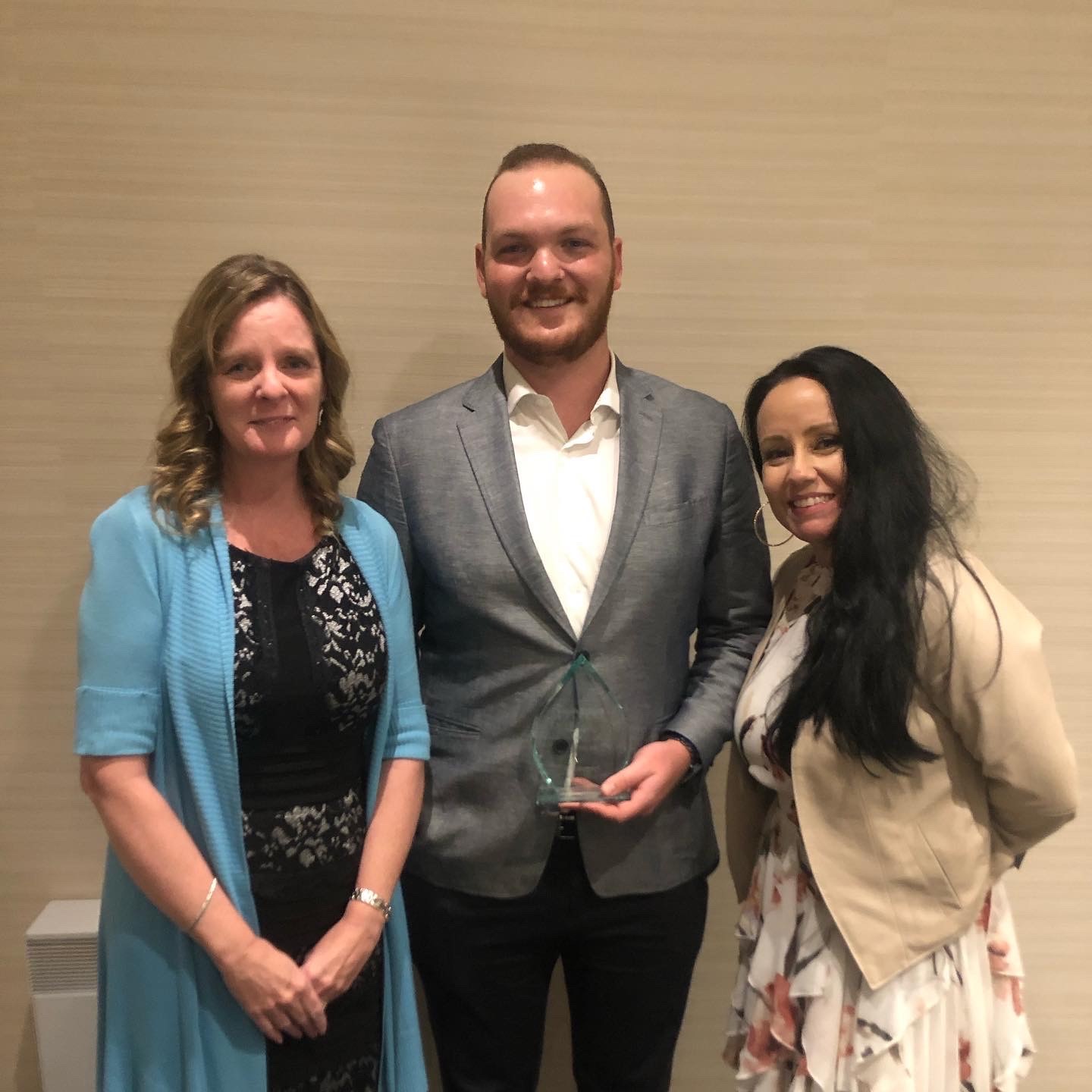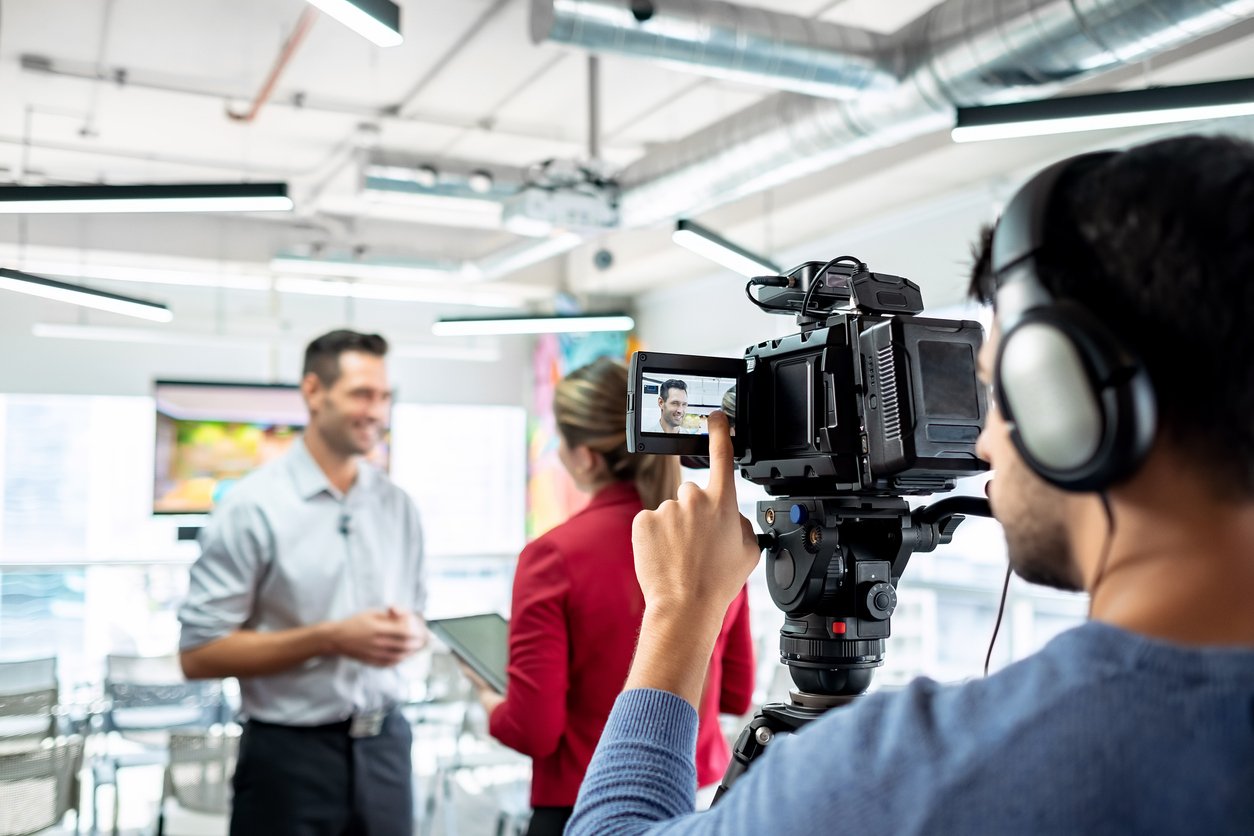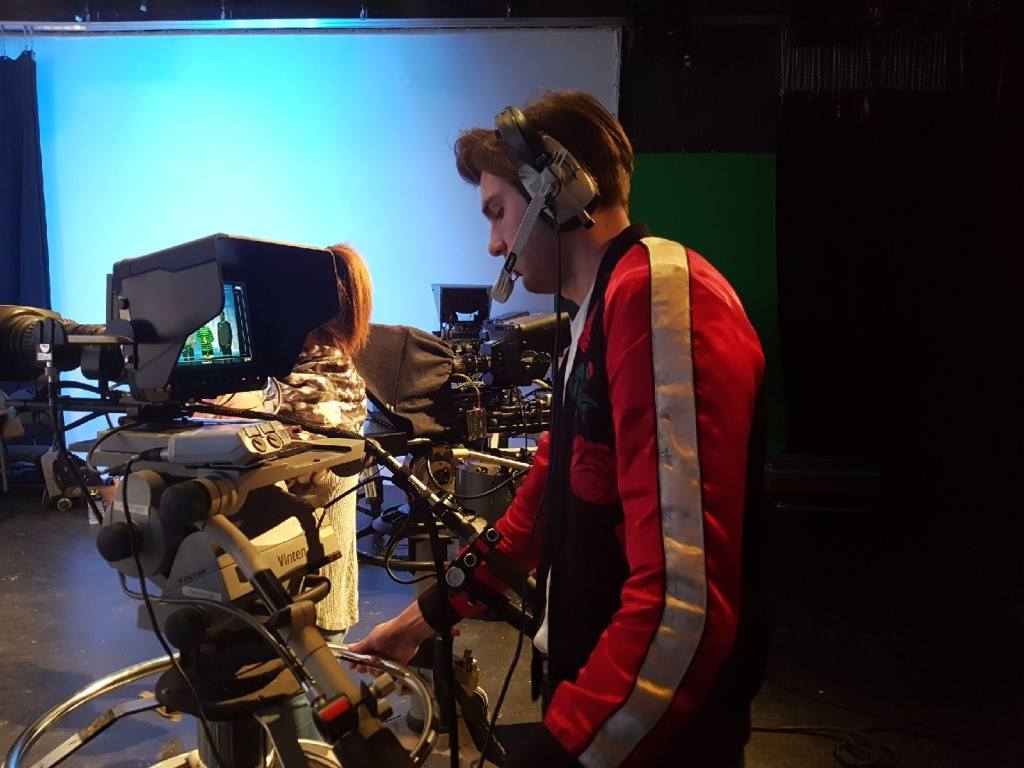Updated January 2026
Content creation in 2026 demands a skill set far beyond what sufficed just a few years ago. As platforms evolve and algorithms shift, creators must adapt to new technologies, storytelling techniques, and engagement strategies to remain competitive.
In this post, we look at how the industry has evolved and outline the essential content creation skills you’ll need to thrive. From video editing and digital storytelling to social media strategies and data analytics, we explore the comprehensive toolkit you need to build a successful and sustainable career.


